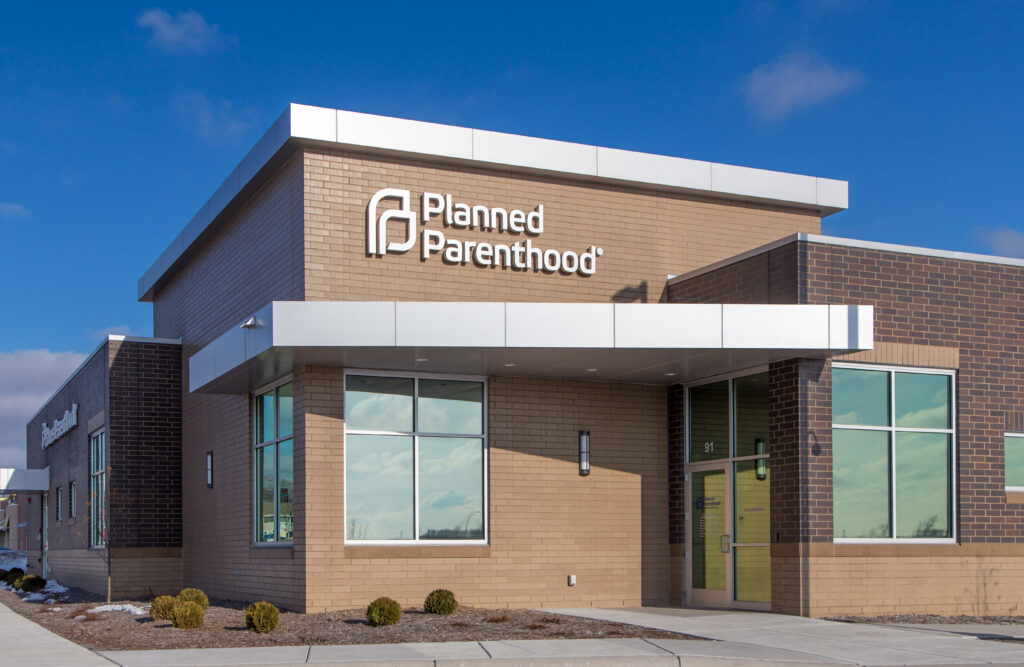Abortion Reporting: Tennessee (2018)

Tennessee’s annual abortion report for 2018 was published online by the Tennessee Department of Health in April 2020 The report shows that abortions in the Volunteer State increased from the previous year.
Changes in Tennessee Abortions: 2017-2018

The change in total abortions and the abortion rate reflect all abortions occurring in Tennessee. Information on the number of chemical abortions performed in Tennessee and Planned Parenthood’s Tennessee abortion market share is not included in the abortion report.
Abortion Totals and Trends
There were 10,880 abortions reported in Tennessee in 2018, an increase of less than one percent from the year before (Fig. 1). Although the change in abortions was small, 2018 marked the first time in a decade that Tennessee abortions increased from the previous year. The Charlotte Lozier Institute estimates that Tennessee’s abortion rate in 2018 was 8.2 abortions per 1,000 women of childbearing age (Fig. 2), lower than the national rate and demonstrating very little change from the year before. Separately, 9,987 abortions were reported to have been performed on Tennessee residents in 2018, up 16 percent from the total reported in 2017. These abortions could have occurred in Tennessee or in other states. Because not every state reports abortions back to Tennessee, this number is likely an undercount. Tennessee’s annual abortion report contains information on the 9,987 abortions performed on Tennessee residents, rather than all abortions occurring in the state.
State Report Summary
Tennessee breaks down the age ranges of abortions that occurred to women ages 10 to 44. Fifty-nine percent of the abortions performed on Tennessee residents were on women in their twenties, with 29 percent on women ages 20 to 24 and 30 percent on women ages 25 to 29. Another 29 percent were on women in their thirties, and two percent on women ages 40 to 44. Nine percent of the abortions were performed on girls ages 10 to 19. Forty abortions did not have age reported or occurred outside the 10 to 44 age range.
Forty-five percent of the abortions were on white women, compared to 51 percent on women of other races. Nonwhite women were overrepresented in the group of Tennessee residents who obtained abortions in 2018. Overall, white women compose 76 percent of Tennessee’s population of women ages 15 to 44, while nonwhite women make up just 24 percent. Race was not reported for four percent of the abortions.
Most of the Tennessee residents undergoing abortions were unmarried (84 percent). Thirteen percent of the abortions were on married women, and three percent were on women of unknown marital status. Almost two-thirds of the abortions, 62 percent, were performed on women who had never had an abortion before. A quarter were on women with one previous abortion, and 12 percent were on women who had two or more previous abortions. The number of prior abortions was not reported for one percent of the abortions.
Over half the abortions on Tennessee residents (53 percent) occurred at eight weeks of gestation or earlier, with 18 percent performed earlier than seven weeks and 35 percent performed between seven and eight weeks of gestation. Another third were performed towards the end of the first trimester (22 percent from nine to 10 weeks of gestation and 11 percent from 11 to 12 weeks of gestation). Seven percent of the abortions were performed between 13 and 14 weeks. Three percent of the abortions were performed at 15 or 16 weeks of gestation, with another three percent occurring from 17 to 20 weeks. Not quite one percent occurred at unknown gestational ages. The report does not include a category for abortions after 20 weeks and does not indicate whether any abortions were reported after 20 weeks of gestation in 2018.
Abortion Complications
In 2019, Tennessee enacted a law to require the Tennessee Department of Health to include abortion complication data in its annual abortion report. The 2018 abortion report was the first to incorporate this information by reporting data from Tennessee’s Hospital Discharge Data System.1 This data reflects hospital visits but does not include abortion complications that were treated elsewhere, including doctor’s offices or some abortion centers.
In 2018, there were 29 cases of delayed or excessive hemorrhage following an abortion. There were 15 instances of failed abortion without complication, and 17 cases of abortion with other and unspecified complications. The number of instances of genital tract and pelvic infection, hemorrhage after a failed abortion, and failed abortion with other complications was suppressed. The report does not indicate whether multiple complications could be reported for each abortion.
State Ranking
In CLI’s survey of abortion reporting across the country, Tennessee’s reports tied for 33rd best. To improve its reporting, Tennessee could identify the types of abortion procedures used and indicate how many abortions were performed chemically. Tennessee could also provide information on all abortions occurring in the state, rather than reporting on resident abortions only.


- Statistics on abortion complications reported here represent a partial minimum estimated number of complications, as the hospital discharge data does not reflect complications from all abortion facilities. As such, this data cannot be used to calculate an accurate abortion complication rate for the state.
- Starting with the 2018 abortion reports, abortion rates are calculated by the Charlotte Lozier Institute to allow for easier state-to-state and year-to-year comparisons. Rates were calculated by CLI using population estimates from the United States Census Bureau. The rates were calculated using the following formula: (total number of abortions performed in Tennessee ÷ number of resident women ages 15-44) x 1,000. Rates may differ slightly from previous CLI articles due to revised population estimates.


























